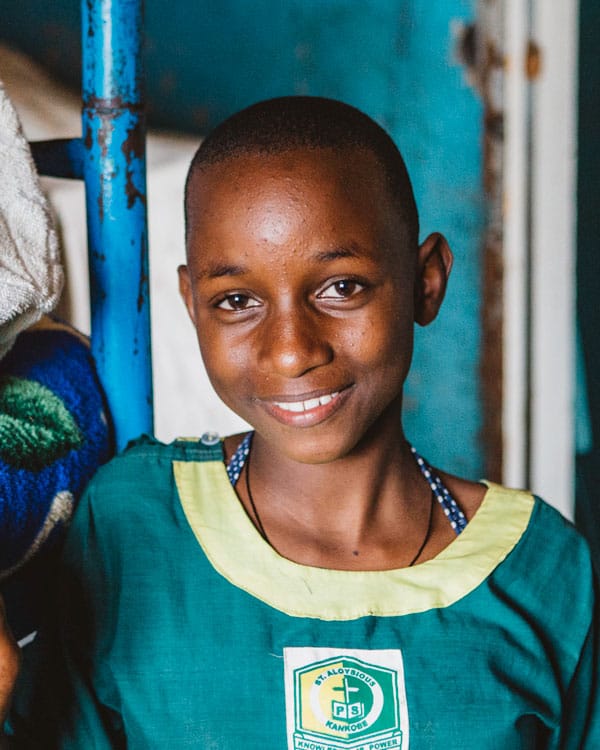All children deserve a quality education. Yet, sometimes school does not deliver certain needed skills in our children’s life. A recent study of 28 countries found that more than one out of every three students (23 million primary school children) could not read or complete basic math after multiple years of school.2
Here’s a great drawing or painting activity to engage your children, and get them thinking, not only locally, but globally on how to make schools better.
- Divide into two groups. Ask one half of the group to create a picture representing good education, and the other half of the group to create one showing bad education.
- Show as many different features and tell as many different stories as possible.
- Swap the pictures between the groups to identify the different features.
- As a group, discuss similarities and differences. Come up with a common definition of ‘good education’.
To complete this project you can use the following points:
- Which elements appear in more than one drawing?
- Were there any surprising findings in your concepts of good and bad education?
- Do you think drawings in other parts of the world would be similar? Why (not)?
- If we have a common picture of what good education is, why doesn’t it exist everywhere yet?
This activity came with an excellent idea for fundraising, and that’s why I wanted it highlighted. It’s a great way to teach philanthropy to children.
- Put the drawings depicting a ‘bad education’ on display and place the drawings of a ‘good education’ behind them.
- Invite friends and family to view the work and ask them to make a donation to fund our new campus campaign.
- With each donation, reveal part of the hidden drawings that depict a ‘good education’ until they are all revealed.
- Make sure you thank your guests for supporting a cause that makes it a reality for girls to attend school and become self-supporting adults.
Find more educational opportunities for kids in the Activity Pack for 2014.
Peace, and love
Cristen
2. Africa Learning Barometer http://www.brookings.edu/research/opinions/2013/01/16-africa-learning-watkins
